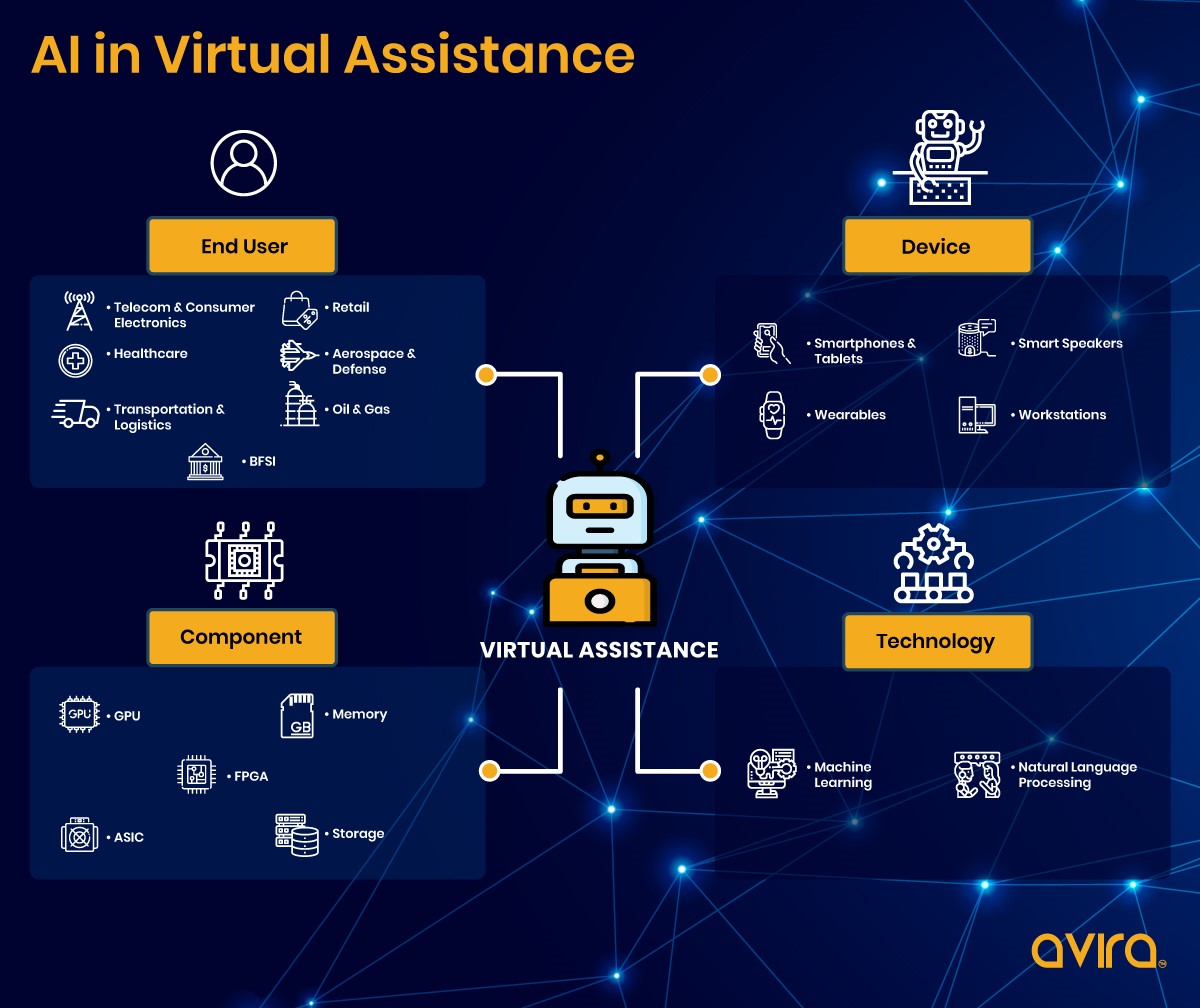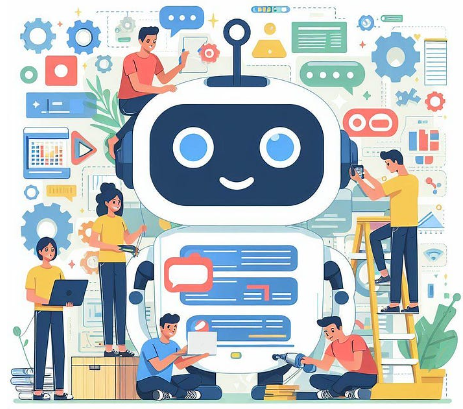All Categories
Featured
Table of Contents
In the last few years, fabricated knowledge (AI) has actually made considerable strides in numerous industries, and the pipes market is no exception. AI virtual assistants are currently being used to simplify operations, improve client service, and boost total performance in the plumbing sector. This article discovers the benefits and applications of AI virtual assistants in the pipes field.
What are AI Virtual Assistants?

AI virtual assistants are computer programs that make use of natural language handling (NLP) and artificial intelligence algorithms to comprehend and react to customer questions. These intelligent aides can talk, offer information, and perform tasks based upon user input. In the pipes industry, AI virtual assistants are being utilized to manage customer inquiries, timetable visits, and supply repairing support.
Benefits of AI Virtual Assistants in Pipes
- 24/7 Schedule: AI virtual assistants can operate night and day, making sure that consumers can access assistance and info at any type of time, also outside normal business hours.
- Immediate Action: Unlike human customer care agents, AI virtual assistants can supply instant feedbacks to consumer inquiries, decreasing delay times and improving client fulfillment.
- Affordable: Executing AI virtual assistants can be a lot more economical than working with extra personnel, as they can handle a high volume of queries concurrently without the demand for breaks or overtime pay.
- Regular Solution: AI virtual assistants offer exact and regular info, eliminating the possibility of human mistake or variance in responses.
- Scalability: As a pipes business grows, AI virtual assistants can conveniently scale to take care of enhanced customer need without the requirement for added hiring or training.

Applications of AI Virtual Assistants in Pipes
- Client Assistance: AI virtual assistants can handle typical consumer queries, such as scheduling visits, offering prices details, and answering regularly asked concerns about pipes services.
- Fixing: AI virtual assistants can direct clients via basic troubleshooting actions for common pipes issues, such as a leaking tap or a stopped up drain, potentially solving the problem without the need for a solution telephone call.

- Consultation Organizing: AI virtual assistants can streamline the visit organizing process by allowing customers to publication, reschedule, or cancel appointments via a conversational interface.
- Personalized Recommendations: By analyzing client information and choices, AI virtual assistants can offer personalized recommendations for pipes services, products, or upkeep tips.
- Integration with Existing Systems: AI virtual assistants can be integrated with a pipes company's existing client relationship management (CRM) system, permitting seamless data transfer and boosted effectiveness.
Verdict
The adoption of AI virtual assistants in the pipes sector is transforming the means businesses communicate with their customers. By providing 24/7 assistance, instantaneous reactions, and constant solution, AI virtual assistants are boosting customer complete satisfaction and enhancing operations. As technology remains to advance, it is expected that AI virtual assistants will come to be an increasingly indispensable component of the pipes sector, driving performance and development in the market.
Table of Contents
Latest Posts
New York Plumbing Companies Harness the Power of AI to Optimize Sales and Improve Efficiency
AI-Powered Plumbing Sales in Colorado: The Future is Here
AI Scaling Sales for Car Sales in Georgia: Peach State Embraces AI-Driven Automotive Retail
More
Latest Posts
New York Plumbing Companies Harness the Power of AI to Optimize Sales and Improve Efficiency
AI-Powered Plumbing Sales in Colorado: The Future is Here
AI Scaling Sales for Car Sales in Georgia: Peach State Embraces AI-Driven Automotive Retail